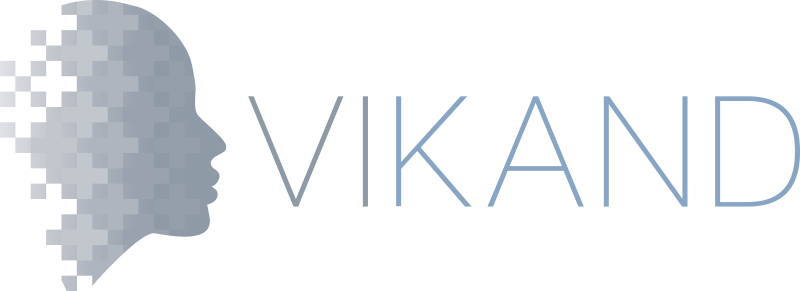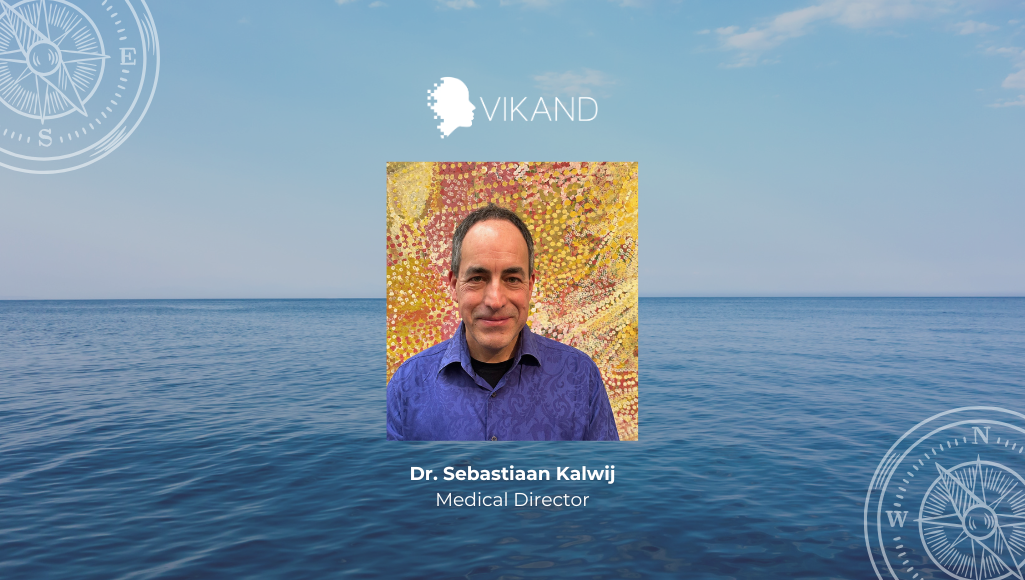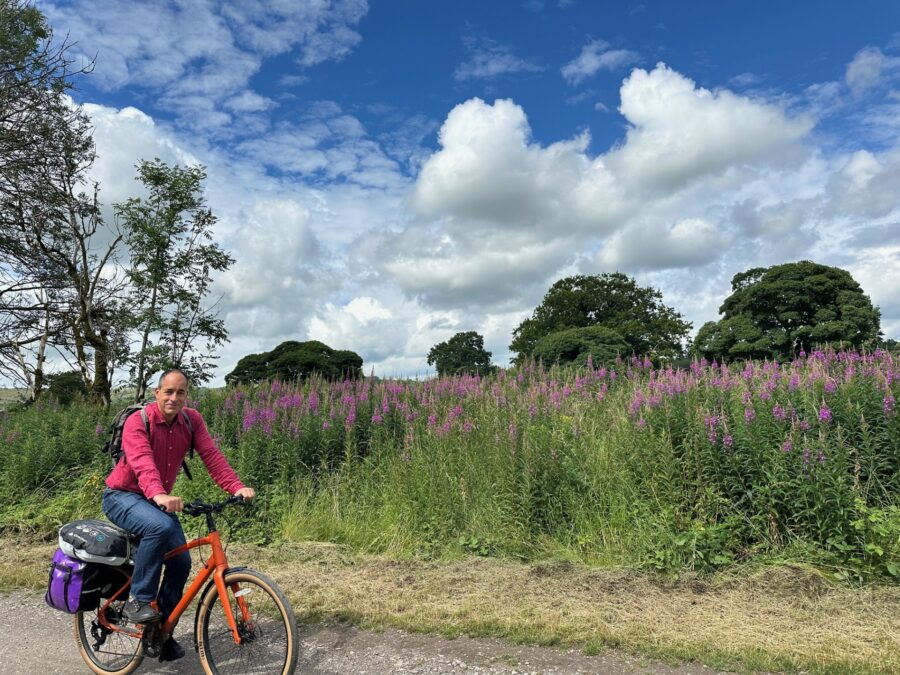
VIKANDER Profile: DR. Sebastiaan Kalwij
Our “VIKANDER Profile” highlights an extraordinary team member. Discover our collective depth of knowledge and get to know some of the people who make our mission possible.
In this edition of Pulse, meet Dr. Sebastiaan Kalwij, Medical Director.
Please describe your position and role in VIKAND
The role of a Medical Director is a diverse role. The day-to-day part of the job is providing support and advice to onboard medical teams. Looking after the 21 ships in my portfolio, there is always a medical problem somewhere. I have regular meetings with our MSMOs (Manager, Shipboard Medical Operations), the case management team and HR team. I take part in business review meetings with our partners and give advice on public health matters. As Medical Director I deal a lot with the shoreside teams of our partners and work on building a good relationship.
How long have you been with VIKAND, and what other roles have you held, especially in the maritime industry?
I started in August 2001 as a ship’s doctor on the Saga Rose, and my last stint as a ship’s doctor for Saga was in 2016. Since the early 2000s, I’ve worked as a Family Doctor in a busy NHS practice (National Health Service, a government-funded healthcare system in the United Kingdom). Just before the pandemic started, I became a Clinical Director for the North Lewisham Primary Care Network, and my responsibility shifted quickly to setting up a large Covid vaccination centre. During this time, Saga had two ships in lay-up in Tilbury, a port just east of London, and I got involved in setting up an outreach clinic to vaccinate crew members. This marked my return to the maritime industry, and in September 2022, I joined VIKAND as a Medical Director.
Name a “highlight” of your career and a contribution to the maritime or healthcare industry that you are proud of
Playing a part in setting up our local Covid vaccination clinic was certainly one of my highlights, as vaccination really changed everything. In the early 2010s, I was the national lead in the rollout of chlamydia screening in primary care. Now these tests are embedded in routine care, and it makes me proud each time I offer this test to a patient; a massive stigma has been overcome. There have been many other highlights and right now I am proud to play a part in providing the best medical care for guests and crews, often in very remote and challenging locations. Each time a disembarkation goes well is a highlight.
What do you believe is the most significant advancement in the maritime or healthcare industry, specifically in your area of expertise?
Communication must be the main significant advancement. It’s unbelievable that I can log-in from home with a ship halfway around the globe and give advice via Teams or WhatsApp. Of course, diagnostics have also come a long way since I started 24 years ago.
Who do you believe has made a significant impact in your part of the industry? Describe how.
Dr Alexander Fleming discovered penicillin in 1928. This discovery changed medicine more than anything else. It’s particularly relevant to ship-based medicine when we have patients with acute appendicitis or cholecystitis. Antibiotics often buy us enough time to reach the next port, which is critical when these emergencies happen in the middle of the ocean.
What is the biggest challenge in your role and how do you address it?
The biggest challenge is giving good clinical advice from afar to teams on board who are with the patient, especially when a decision must be made to divert the ship to port or a helicopter evacuation. This is usually a team decision, and over the years I’ve come to know these teams very well. It requires cooperation between the teams on board and shoreside. There are many factors to take into consideration and that makes it both challenging and very interesting.
How vital is it to receive support from organizations such as VIKAND?
It’s crucial. I hear this from our teams on board all the time. To have backup from VIKAND and be able to tap into our global experience and resources makes all the difference. We can get equipment and medication to remote parts of the world, we are able to place doctors and nurses on any ship within days, and we are able to offer clinical and mental health support day or night. Whenever there is an emergency, we’ve got it covered.
What advice would you give to anyone considering a career in the maritime industry?
Go for it! From a medical perspective, it’s extremely interesting and diverse. You gain experience in a wide range of clinical scenarios, from medical, psychiatric and surgical emergencies to chronic disease management and public health. You get to work on a professional team with a lot of support from onboard senior leadership and from VIKAND’s shoreside personnel. Many of our ships have amazing itineraries and no day will ever be the same. It really is one of the best jobs in medicine.
Where do you live and what is special about it (i.e., country, city)?
I live in London, and it’s a city I absolutely love. It’s a dynamic and cosmopolitan city. I love its diversity, first-rate cultural venues and great restaurants and pubs. London also has many beautiful parks and riverside boulevards and it’s easy to get around by underground, bike or on foot. It feels like it’s a city full of opportunities.
What do you do in your leisure time?
London has a lot to offer. I enjoy going to the theatre and exhibitions, art in particular. I play tennis most weekends and I love cycling. I like to wind down after a busy day listening to music and cooking a nice meal for my family. On a rainy day I prefer to stay in and read a book or watch a movie. When my son is around, we often play a game of chess, which he wins most of the time. My wife is a musician (viola) so there is a lot of music in my life.
And finally, how can we utilise a proactive approach to achieve a sustainable and healthy workforce?
A healthy and happy workforce is the engine of any industry and the driver of its success. Feeling appreciated, respected and being able to speak up without fear is important. One key element of being proactive is fostering good relationships with everyone we interface with onboard. In my opinion, visiting our teams, supporting their concerns and forging a personal connection goes a long way to achieving this.



